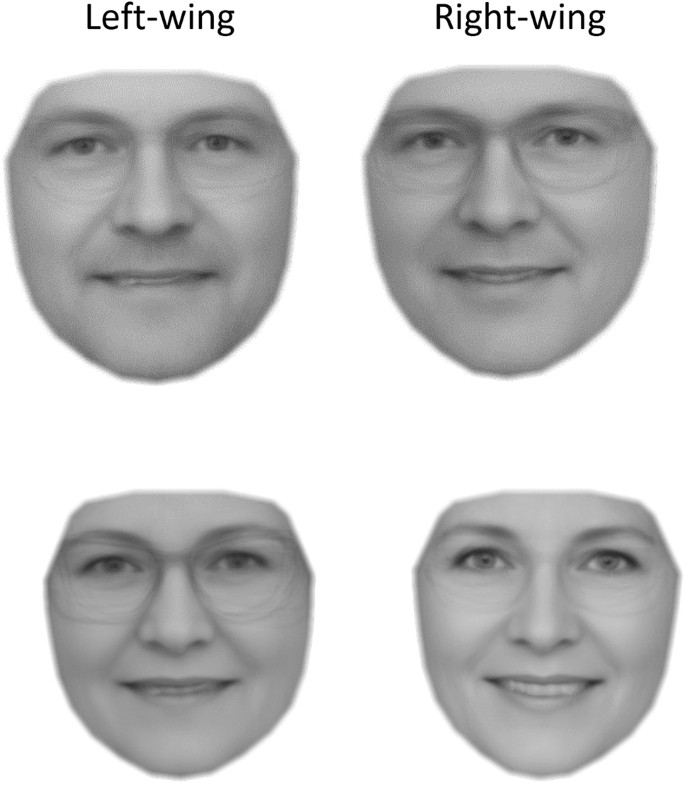 A Message for Professional Interviewers, Investigators, Therapists, and Negotiators
A Message for Professional Interviewers, Investigators, Therapists, and Negotiators
I wanted to let our Humintell community know of a recent paper that was published in a top-tier, scientific journal on behavioral indicators of deception.
In the scientific community, there have been debates about whether behavior can reliably differentiate truths from lies, and if so, which ones.
Fortunately, many studies published in the last two decades have demonstrated that nonverbal behavior (NVB) can differentiate truth-tellers and liars fairly well.
One reason for the emergence of the wealth of these findings is that these studies have examined situations in which people are actually interviewed about meaningful events and where there’s consequences for not being believed.
These are precisely the types of situations in which professionals – investigators, therapists, counselors, negotiators – work and need to make the best evaluations they can possibly make.
In the remainder of this article, I summarize three main take-aways of the latest paper, and interested readers can read the paper here.
1. Professionals should focus on clusters of NVB produced in multiple channels of behavior
Across the face, voice, hands, and whole body. Examining clusters makes more sense than examining only single behavior because NVB are part of a total communication package that occurs across multiple channels, with and without words.
Four facts support this suggestion:
- Human bodies are wired to connect our thoughts, feelings, and behavior (think embodied cognition)
- Our thoughts and feelings are blended at any one time and across time
- We verbalize only a portion of what’s in our heads at any one time
- Different mental states (cognitions, emotions, etc.) map onto different NVB channels (face, voice, gesture, etc.)
2. Professionals should focus on behavioral indicators that have been validated in science and vetted in the field.
Our Humintell community knows that certain NVB have been scientifically validated as deception indicators while others have not.
On one hand, facial expressions of emotion and microexpressions, some types of gestures, fidgeting (in some contexts), and some aspects of voice differentiate truth-tellers from liars.
On the other hand, looking away when answering questions (gaze aversion) has not been scientifically validated as a deception cue. Astute professionals will know not to believe everything about NVB that they may hear or read about.
3. NVB are also important indicators of many other mental states that can be helpful for interviewers.
Our Humintell community also knows that NVB can signal many different mental states, all of which can be useful to professionals as landmarks of meaningful topics and themes.
These include specific, discrete emotions such as anger, disgust, or fear; general affective states such as open or closed, relaxed or tense; specific verbal words or phrases; cognitive processes, confusion, concentration; and others.
Identifying these behaviors can give professionals additional insights to people’s mindsets.

Experienced professionals all develop their own customized interview strategies and tactics. The accurate and reliable observation and classification of NVB can be a crucial aid, and focusing on NVB clusters that have been validated in science and vetted in field work is key.
Equally important is to ignore NVB that have not been validated. By knowing which behaviors have been validated and vetted and which not, professionals can become more efficient by distinguishing meaningful signals from noise in the behavioral mess that occurs in interviews.
Here at Humintell, we base all our trainings on behavioral indicators of mental states that have been validated in science and vetted in the field by practitioners. Thus, please rest assured that we practice what we preach.
The post The Latest Science about Behavioral Indicators of Deception first appeared on Humintell.
 he researchers used a public dataset of 3,233 images of Danish political candidates who ran for local office and cropped them to only show their faces (see example image to the left).
he researchers used a public dataset of 3,233 images of Danish political candidates who ran for local office and cropped them to only show their faces (see example image to the left). Similar research suggests that facial recognition technology can predict a person’s political orientation with 72% accuracy.
Similar research suggests that facial recognition technology can predict a person’s political orientation with 72% accuracy.
 For their study, the researchers examined participants’ heartbeats, since stress and heart health are related.
For their study, the researchers examined participants’ heartbeats, since stress and heart health are related.